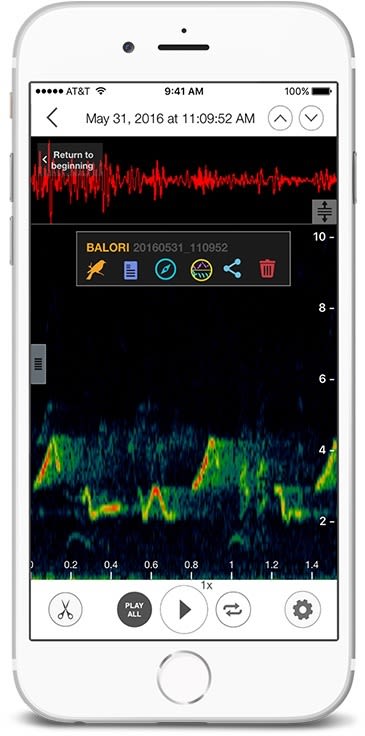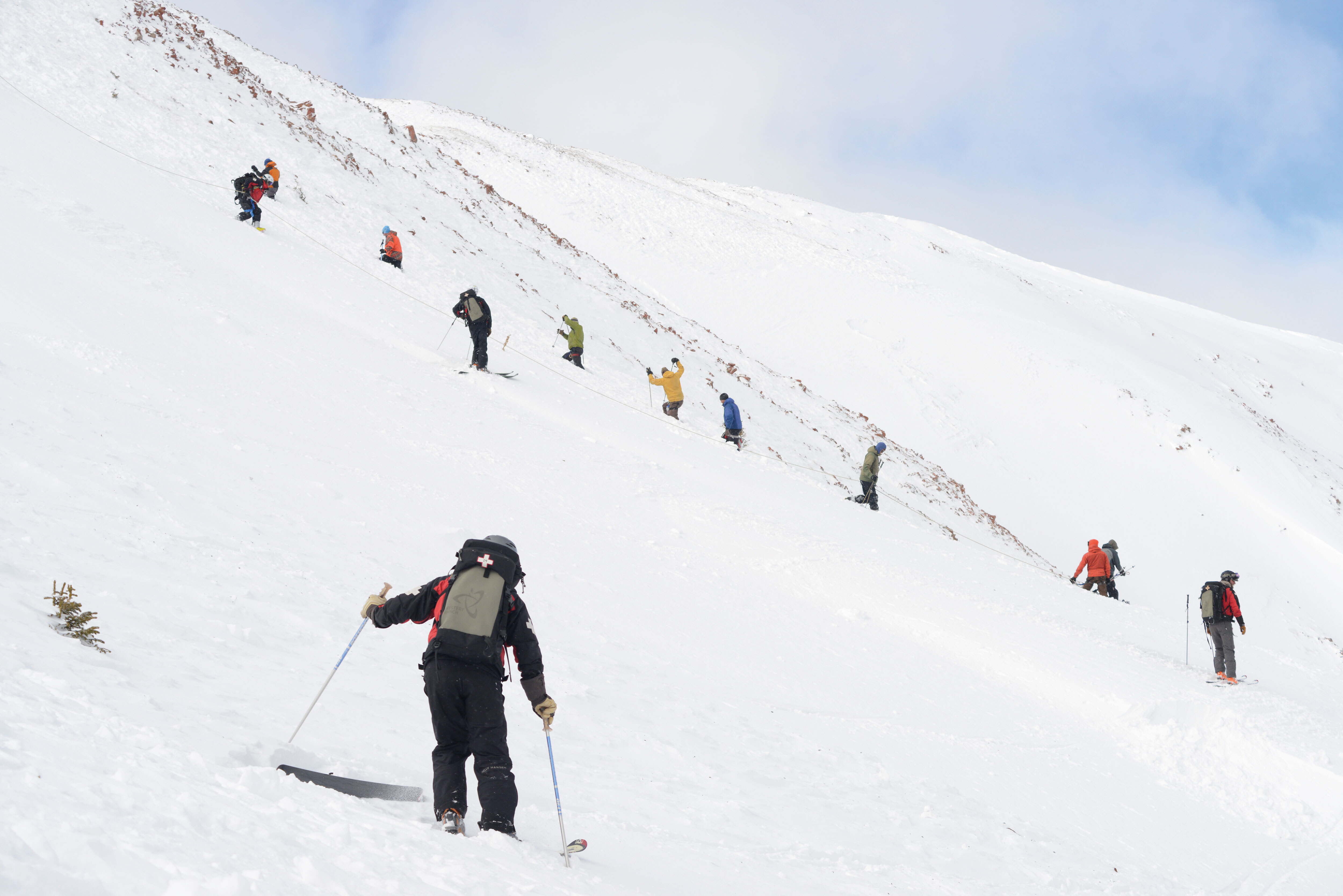Song Sleuth Puts Birding at Your Fingertips

Image: Courtesy: Song Sleuth
I like to impose a sense of order on my outside world, whether it’s identifying surrounding peaks, trailside wildflowers, or my current location on a topo map. Yet naming birds has never been my forte. (My husband still teases me about not recognizing a bald eagle that flew right overhead.) So when I heard about the new smartphone app Song Sleuth ($10 for iOS; an Android version launches this fall) from Wildlife Acoustics, which creates sophisticated sound-monitoring systems for birds, bats, whales, and other animals, I was game to delve into some basic ornithology.
The app’s algorithms enable it to recognize the songs of 200 North American birds, plus a few outliers like squirrels and frogs. First, set the species list to your state (or province), which categorizes each bird’s likely presence along a range from common to never seen. Created by noted ornithologist and illustrator David Sibley, each entry in this reference list informs on its own, with an image, range map, detailed description, and song sound bite.
But the app’s raison d’être is the recorder. When you hear a chirp or call you’d like to identify, hit Record and capture the sound for several seconds. Then—like Shazam for birds—the app delivers the three most likely contenders from its database (no Internet or data connection needed, by the way). Usually, one or more of these birds won’t be common to your area, so it’s fairly simple to figure out whom you’re hearing in real life. The recorder includes a spectrogram, which provides a graph-like visual of each song and allows easy comparison among species’ calls. For optimal identification, you can edit recordings to eliminate any distracting noises that bracket a song and also filter out the lowest and highest frequencies.
Bird-nerd alert: you can add notes to any recordings, see it geo-tagged on the Google-enabled map, save it to your computer, and share it. This spring, as I stroll by my house and on nearby trails, I’ve been recording and identifying finches, grackles, European starlings, Eurasian collared doves, and more. It’s nice to get to know the neighbors after all this time.
Spread Your Wings:
Once you’ve tried Song Sleuth, you may be inspired to explore other local birding options. The Aspen Center for Environmental Studies offers regular morning sessions at its Hallam Lake headquarters from May through September; two evening sessions in July and August; and monthly outings at North Star Nature Preserve. Or join Roaring Fork Audubon for beginner birding sessions at Carbondale’s River Valley Ranch the first and third Thursdays of the month, May through August. wildlifeacoustics.com












































